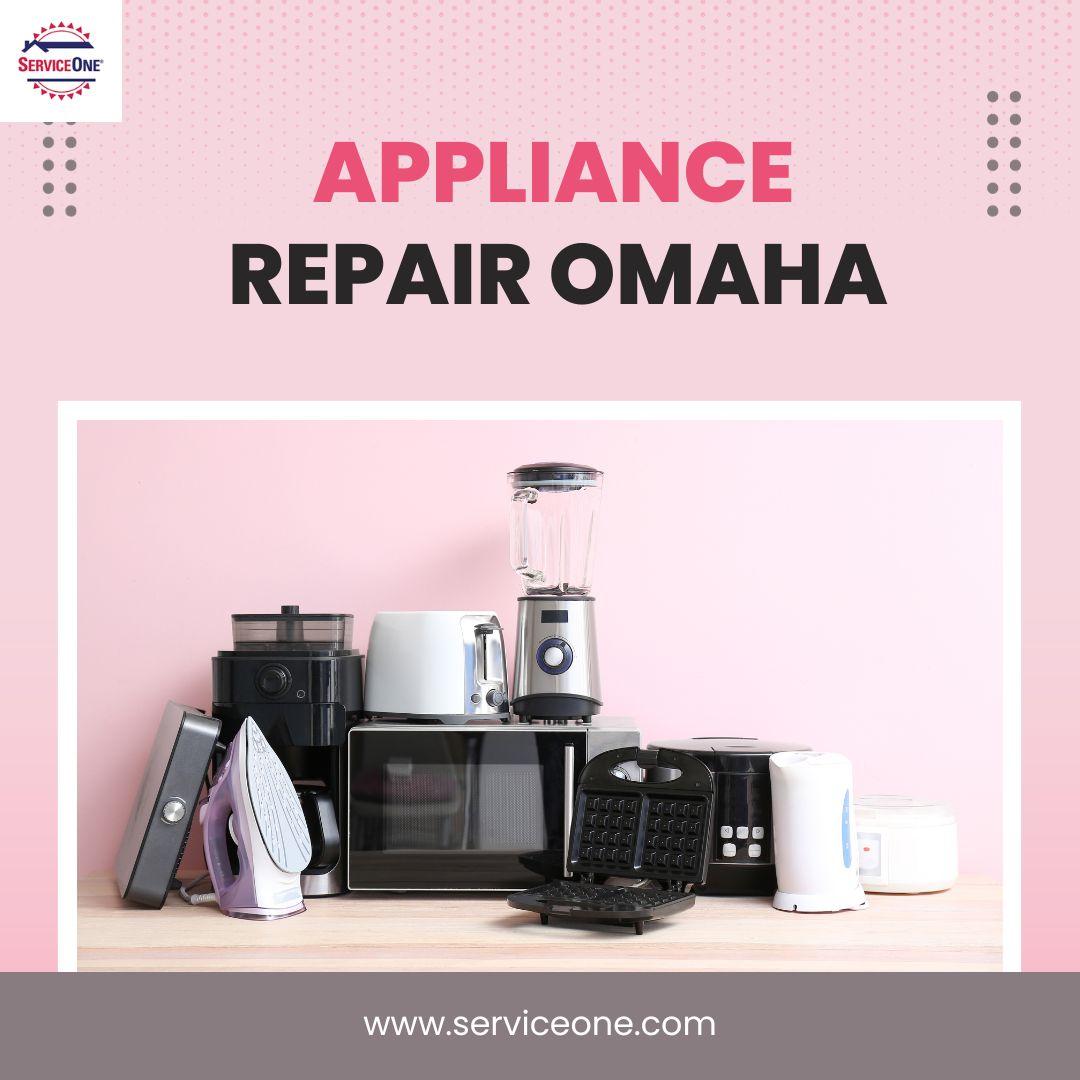A Homeowner's Guide to Resolving Appliance Issues Efficiently

Here you may find detailed instructions for fixing common household appliances. Appliances are something that everyone relies on because they simplify and expedite our daily life. But it's annoying and troublesome when these reliable gadgets start malfunctioning. Rest assured, we are here to offer you practical answers and insightful information to help you handle frequent appliance problems with ease! We can fix any appliance, whether it's a broken dishwasher or a broken refrigerator. Now that we know what to look for, let's dive in and find out how to fix appliances efficiently so that we can save money and time.
Typical Issues with Appliances and What Causes Them
Many different problems might arise in appliances because they are complicated equipment with many moving parts. A malfunctioning refrigerator is a typical issue that many households face. Thermostat issues, compressor problems, or even filthy condenser coils could be at blame. The ineffectiveness of a dishwasher to clean dishes is another common source of frustration. Possible causes include low water temperature, worn-out seals, or blocked spray arms.
One of the most frustrating things that can happen to a washing machine is when it won't spin or drain correctly. This can be due to a clogged drainage hose, a defective motor coupler, or a shattered drive belt. Alternatively, you could want to check for lint accumulation in the vent hose or get the heating element checked if your dryer isn't drying clothing efficiently and they're still damp after each cycle.
Ovens and ranges in the kitchen must not be overlooked! Inconsistent oven temperatures, whether from faulty heating elements or a faulty temperature sensor, are a typical complaint in this regard. Clogged burner ports or broken ignition switches are common causes of gas burners that fail to ignite.
The reasons and symptoms of these typical appliance problems are by no means exhaustive. The more you learn about these problems, the more prepared you will be to figure out what's wrong with your broken appliance, fix it, and then think about getting a new one.
Knowing When to Get a New or Used Appliance
When dealing with broken appliances, homeowners often have to decide between fixing the problem and buying a new one. Even if it's not always easy, there are a few things to keep in mind that will help you make the best selection.
Take the appliance's age into account first and foremost. It can be more cost-effective to fix it if it's still under warranty and relatively new. However, it may be more cost-effective to buy a new appliance if it is old and has already been fixed several times.
The expense of repairs compared to buying a new appliance is another consideration. Repairing an older model could often be nearly as expensive as purchasing a new one. Think about the whole cost of repairs, including both the current cost and any possible future charges.
Energy efficiency is another important consideration. Modern appliances are more energy efficient since they use less power overall, although older ones can use more power than their newer counterparts. You can end up saving money on your power bills if you replace your existing appliance with one that uses less energy.
Think about how often you use the appliance and how well it performs in general. It may be time for an upgrade if it's continually breaking down or if it doesn't efficiently match your demands anymore. On the other hand, repairing older appliances might extend their life if you don't use them very often or if they're still working properly.
Factors such as the appliance's age, repair expenses compared to replacement costs, and overall performance should be considered when deciding whether to repair or replace the appliance. Before you make a final decision on how to any home appliance repair in Omaha efficiently, think about these things.
Maintenance Advice for Home Appliances
First, make sure to clean your appliances on a regular basis to keep them free of dirt, dust, and other debris through home maintenance in Omaha. Use a moist towel and the proper cleaning solutions for each surface to wipe down the exteriors.
2. Make sure to check the filters: It's important to clean or change the filters on your appliances on a regular basis. Appliances like refrigerators, air conditioners, dishwashers, and vacuum cleaners fall into this category. Reduced efficiency and potential issues can develop with clogged filters.
3. Listen for warning signs: If you hear or smell something out of the ordinary coming from your appliances, it can be an indication that something is wrong. If these are dealt with early on, bigger issues won't arise.
4. Rely on manufacturer recommendations: Before using any appliance, make sure you read the user manual thoroughly to learn about the unique maintenance needs and suggestions made by the manufacturer.
5. Don't put too much strain on the appliance; doing so can cause it to break down or malfunction due to the strain on its components.
It's recommended to get your appliances evaluated by experts once a year or as directed by the manufacturer. 6. Arrange for professional inspections. By keeping an eye out for any problems, they can fix or tune up your vehicle before they become major headaches.
7. Maintain order with scheduled maintenance: If you keep track of when each item requires repair, you can head off issues before they even start!
If you take the time to properly care for your household appliances, they will last longer, require fewer repairs, work more efficiently, and put you at ease.
- Information Technology
- Office Equipment and Supplies
- Cars and Trucks
- Persons
- Books and Authors
- Tutorials
- Art
- Causes
- Crafts
- Dance
- Drinks
- Film
- Fitness
- Food
- Spellen
- Gardening
- Health
- Home
- Literature
- Music
- Networking
- Other
- Party
- Religion
- Shopping
- Sports
- Theater
- Wellness


